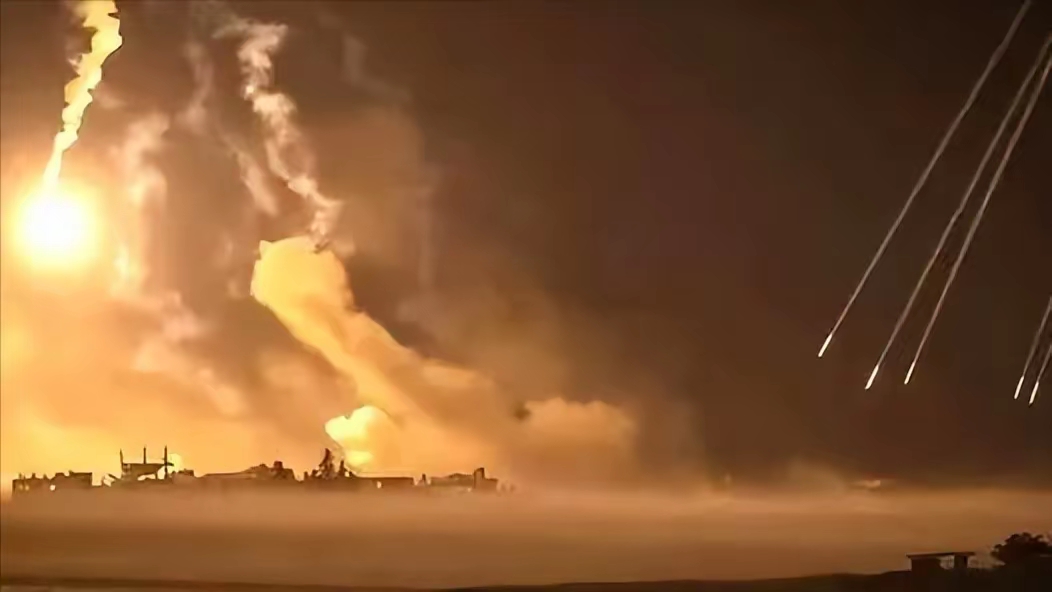
The protracted Russia-Ukraine conflict has had a far-reaching impact on the global economy in many aspects, which will change the global economic pattern.
Russia is an important global energy supplier, especially in the areas of oil and natural gas. After the outbreak of the conflict, market concerns about energy supply disruptions intensified, leading to significant fluctuations in energy prices. For example, natural gas prices have experienced a sharp rise in the short term, particularly in Europe due to its high dependence on Russian natural gas. This not only increases consumers' energy expenditure, but also raises the cost of industrial production, causing significant impact on energy intensive industries such as chemicals and steel.
The sanctions imposed by Western countries on Russia have prompted Russia to seek new energy export markets and partners. Russia has increased its energy supply to the Asian market and further strengthened its energy cooperation with countries such as China and India. At the same time, European countries are also striving to reduce their dependence on Russian energy, accelerate the pace of energy transition, promote the development of renewable energy, and diversify energy sources.
Ukraine is an important global grain exporting country, known as the "granary of Europe", and its agricultural products such as wheat and corn have a large share in the international market. The conflict has severely affected Ukraine's agricultural production, with farmland destroyed, reduced agricultural labor, and a significant decrease in food production. It is estimated that the conflict has led to a reduction of millions of tons in Ukraine's grain exports, posing a risk of food supply shortages for countries that rely on Ukrainian grain imports.
Due to reduced supply and market concerns about the stability of food supply, global food prices have risen. The prices of major food crops such as wheat and corn have risen during the conflict, which has increased the cost of food imports for some developing countries. This may lead to challenges in food security in some regions and even trigger social instability factors.
The Russia Ukraine region has important component production capabilities in some key manufacturing industries, such as automobile manufacturing and electronic equipment. The conflict has disrupted the supply of these components, leading to component shortages for manufacturing companies worldwide. For example, the automotive industry has been affected by the inability to obtain specific components from the Russia Ukraine region in a timely manner, resulting in delayed delivery times for some vehicle models and increased production costs for companies seeking alternative suppliers or adjusting production plans.
This conflict has caused damage to the transportation infrastructure in the Russia Ukraine region, while also affecting the safety of shipping in the surrounding waters. This reduces the efficiency of goods transportation and increases transportation costs. Some goods that were originally transported through the region have had to find alternative routes, leading to the readjustment and optimization of the global logistics transportation network, which has increased the difficulty of logistics management and operating costs for enterprises.
Western countries have implemented a series of trade restrictions and sanctions against Russia, including banning the import of some Russian goods and services, and restricting the international business of Russian companies. These measures not only have a direct impact on Russia's foreign trade, but also have an impact on enterprises in other countries that have trade relations with Russia. Some companies have had to suspend or adjust their trade cooperation with Russia in search of new markets and suppliers, leading to changes in the international trade landscape.
Against the backdrop of global trade uncertainty, some countries and regions are placing greater emphasis on strengthening trade cooperation within their respective regions. For example, the EU has accelerated the integration and consolidation of its internal market, promoting the liberalization and facilitation of trade within the region. At the same time, countries in the Asian region are actively strengthening cooperation within the framework of the Regional Comprehensive Economic Partnership (RCEP), by reducing trade barriers and enhancing industrial chain synergy, in order to increase the scale and quality of intra regional trade and reduce dependence on external markets.
From the current situation, there is no sign that this war is about to end, and how to end the war as soon as possible and minimize its negative impact is a problem that the world should consider and solve.

According to a recent report by Rich Asplund, a columnist for Barchart, the global sugar market is currently experiencing a complex and profound supply-demand game.
According to a recent report by Rich Asplund, a columnist f…
On January 13th local time, the three major US stock indice…
Recently, the 2026 edition of the MIT Technology Review lis…
On January 15, 2026, the US military announced the seizure …
At the 2026 J.P. Morgan Healthcare Conference, a joint anno…
For much of 2025, the market was rethinking whether the dol…